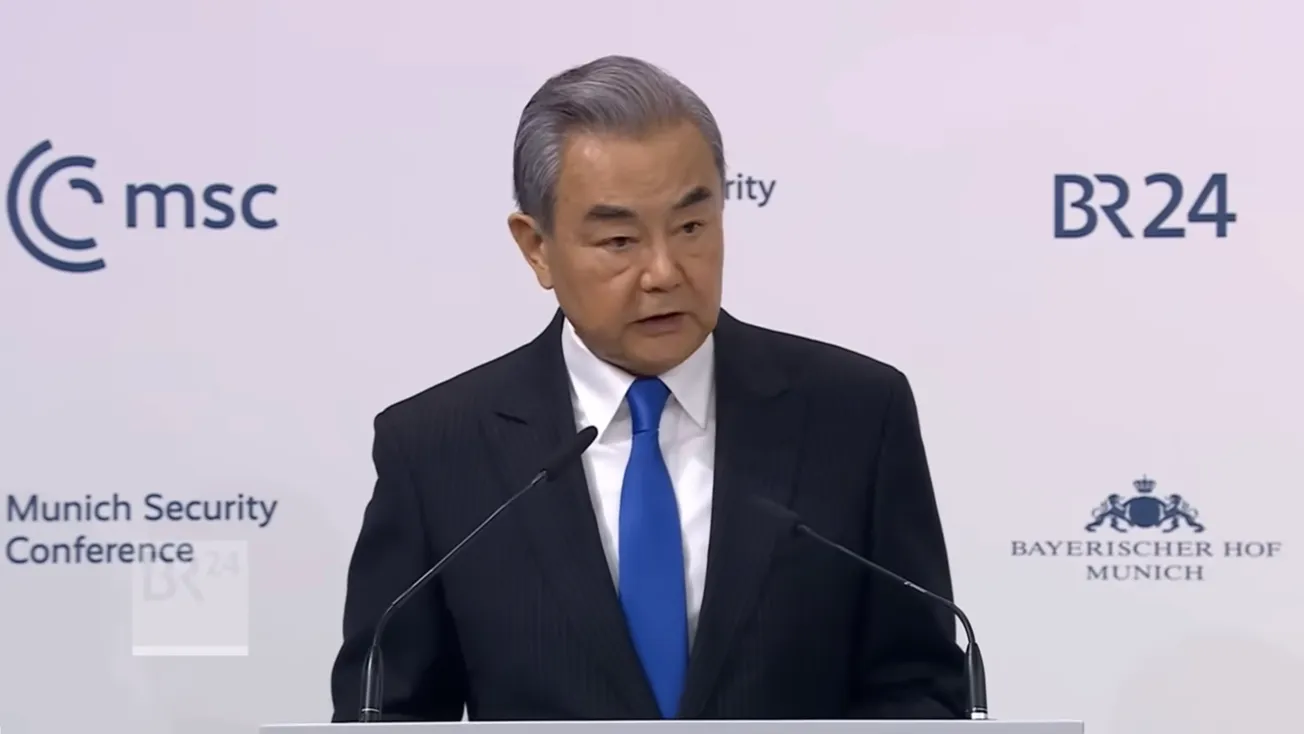In the Q&A session of the Oct. 5 closing plenary of the Valdai Discussion Club, Feng Shaolei of East China Normal University in Shanghai asked Russian President Vladimir Putin: “Beijing is going to host the October international conference on the 10th anniversary of the Belt and Road Initiative. At the same time, the initiative to link the Eurasian Partnership with the Belt and Road Initiative, something you and President Xi Jinping have promoted, has also been ongoing for almost ten years. My question is this: In the new situation, what new ideas and concrete proposals have you already prepared?”
Putin first noted that “some are trying to sow doubts, suggesting that our Eurasian development project—the Eurasian Economic Union’s project, and President Xi Jinping’s Belt and Road Initiative—might not share the same interests and might start competing with each other. As I have said many times, this is not the case. On the contrary, we believe that one project complements the other harmoniously.” He then elaborated that “we are interested in establishing new logistics routes, and China is also interested in this. Our trade is growing. We are now talking about the North-South corridor. China is developing supply chains through Central Asian states. We are interested in supporting this project, and we are building roads and railways toward this end. This is on the agenda of our negotiations.… We are building logistics and production chains that are definitely in line with the goals that President Xi Jinping has set for the Chinese economy and are in line with our goals, which include economic growth and partnerships with other countries, especially in the modern world. These goals are clearly complementary.”
That was followed by a question from Richard Sakwa, a professor of Russian and European Studies at the School of Politics and International Relations at the University of Kent in the U.K.: “Players are getting together in the BRICS-Plus organization, which took place a few months ago, and the Shanghai Cooperation Organization. So the world is changing; international politics is changing; the states themselves are changing: they have now matured to the postcolonial states…. Do you see an emerging contradiction between the changes in international politics and, if you like, the paralysis of the United Nations system, international law, and all of that?”



